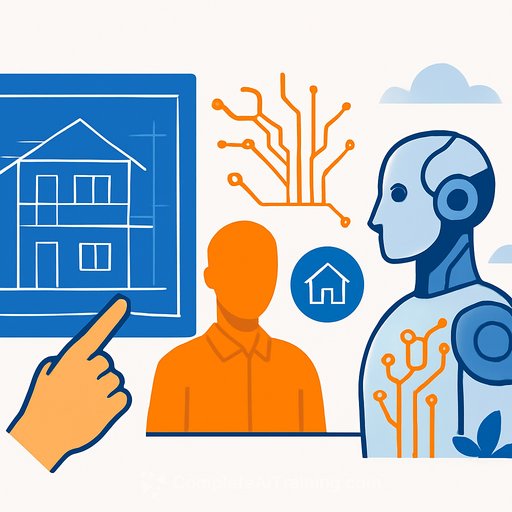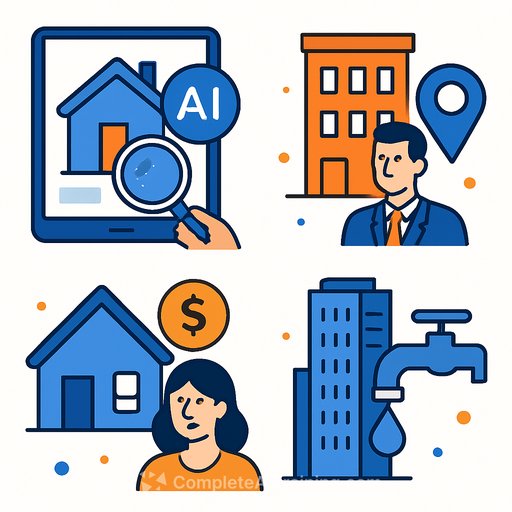OpenAI's Growing Footprint in San Francisco’s Mission Bay
San Francisco’s Mission Bay continues to attract tech companies seeking new or expanded office space. OpenAI, the creator of ChatGPT and a leader in artificial intelligence, is reportedly close to leasing space in a fourth building in the Mission Bay neighborhood. This expansion would add to OpenAI’s already sizable campus along the city’s waterfront.
The building in question is located at 455 Mission Bay Blvd. It spans approximately 210,000 square feet and is part of the Alexandria Center for Science and Technology—a life sciences campus developed by Pasadena-based Alexandria Real Estate Equities (ARE). This site has traditionally been home to biotech firms, including Nektar Therapeutics, which has occupied it since 2009.
Details of the Lease and Building Use
Sources suggest that OpenAI’s nonprofit arm may be involved in the lease talks. The building’s interior currently offers about 150,000 square feet of space available, mostly through subleases. Nektar Therapeutics, a biotech pioneer in Mission Bay, has been looking to sublease the property after significantly reducing its local workforce.
OpenAI seems poised to convert the space from lab to office use, especially if the nonprofit division occupies it. This aligns with a trend of life sciences spaces in Mission Bay transitioning to tech office use.
OpenAI’s Expansive Mission Bay Portfolio
- In late 2023, OpenAI leased a 315,000-square-foot building at 550 Terry Francois Blvd., the city’s largest office lease of 2024. This building was formerly Old Navy’s headquarters.
- In October 2023, OpenAI subleased two office buildings from Uber at 1455 and 1515 Third St., totaling 486,600 square feet.
With this potential new lease, OpenAI’s footprint in Mission Bay would exceed 1 million square feet, marking a significant investment in the area’s commercial real estate market.
Shift from Biotech to Tech in Mission Bay
Alexandria Real Estate Equities recently applied to the city to increase the office space allocation in its Mission Bay campus from roughly 24,000 square feet to over 500,000 square feet. This move signals a strategic pivot from laboratory to office space to meet growing demand from tech companies.
San Francisco’s Proposition M limits the amount of office space that can be developed annually, capping it at 950,000 square feet, mainly reserved for large projects. However, due to a slowdown in new developments, there is currently a surplus of office space available for allocation.
ARE’s application notes that nearly 2.5 million square feet of office space was available for allocation in October 2024. Yet, with companies like OpenAI expanding rapidly, more office space in Mission Bay will be necessary.
Mission Bay’s Evolving Commercial Landscape
The neighborhood is transitioning from a life sciences hub anchored by UCSF and biotech firms to a thriving center for tech companies. The nearby Mission Rock campus, developed by the San Francisco Giants and Tishman Speyer, has attracted companies such as Coinbase and is reportedly in talks with Nvidia.
ARE highlighted in its application that the AI sector’s real estate footprint in San Francisco exceeds 5 million square feet. The growth in AI companies is playing a key role in the recovery of the city’s commercial real estate market by bringing investment, talent, and jobs.
Why This Matters for Real Estate Professionals
OpenAI’s expansion in Mission Bay illustrates a broader trend where tech companies are driving demand for office space in traditionally non-tech districts. For developers, investors, and brokers, understanding these shifts is crucial for capitalizing on emerging opportunities.
The conversion of lab spaces to offices, the strategic allocation of Prop M office space, and the involvement of large-scale tech tenants suggest that Mission Bay is becoming a focal point for commercial real estate activity in San Francisco.
For those interested in AI’s influence beyond real estate, exploring specialized training can provide practical insights into this industry’s growth. Resources such as Complete AI Training offer courses that help professionals understand AI’s impact across various sectors.
Your membership also unlocks:





